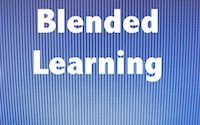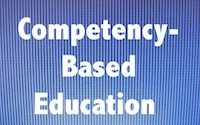
Emporium Model: The Key to Content Retention in Secondary Math Courses
The math emporium model was first developed by Virginia Tech in 1999. In the emporium model students use computer-based learning resources, engage in active learning, and work toward mastery of concepts. This approach to teaching and learning mathematics was piloted in a rural STEM high school. The purpose of this experimental study was to compare […]















